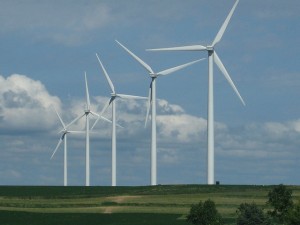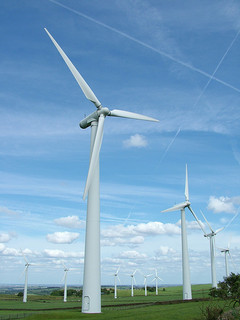Please visit ELP’s new website:
http://environment.law.harvard.edu/policy-initiative/
The Harvard Environmental Policy Initiative provides real time, real world legal analysis for today’s environmental and energy challenges. Our aim is to catalyze creative problem solving, by conducting rigorous and relevant research, and sharing our findings with decision-makers, stakeholders, and the general public to promote productive dialogue.
Since 2012, we have been working in three broad areas: Governing Shale Oil and Gas Development; State Clean Energy Laws and the U.S. Constitution; and Clean Air Act Regulation of Greenhouse Gases. In all three areas, decision-makers are faced with challenges posed by technological advances, restructured electricity markets, and climate change. These dynamic situations require creative, flexible responses that at the same time are grounded in a thoughtful policy framework.
Contact the Policy Initiative
- Kate Konschnik, Director – kkonschnik@law.harvard.edu,
 617.495.5704
617.495.5704 - Ari Peskoe, Energy Law Fellow – apeskoe@law.harvard.edu,
 617.495.4425
617.495.4425

What We Do:
Real World Legal Analysis
Our research begins with practical governance considerations. A law is just words on paper if it doesn’t achieve stated goals or change with the times. We consider how the law operates in the “real world” – accounting for budgetary constraints, political trends, competing interests, and institutional inertia. Analysis that understands this context will prompt realistic solutions and enhance the success of an environmental program.
Creative Problem Solving
Environmental issues arise from the complex relationship between humans and the natural world. Environmental problems and their causes may be defined by resource limitations, poor health, poverty, market failures, or legal disincentives. To find innovative, long-lasting solutions to these problems, we need a multi-disciplinary approach. While we begin our analysis from a legal perspective, we partner with natural science, economics, public health, psychology, and technical experts to complement that analysis.
We also partner with regulators and regulated entities, to inform how we can translate our findings to reach diverse audiences and find common ground in solutions to the challenges we face. Understanding that stakeholders face competing demands and time constraints. we look for ways to streamline our research into practical products such as checklists, bulleted recommendations, tailored workshops, and podcasts.
Our Work
Click here to see our work on shale gas and hydraulic fracturing.
Click here to visit State Power Project, a project of the Environmental Policy Initiative. State Power Project tracks constitutional challenges to State clean energy laws. We offer the site as a clearinghouse and reference point for States and stakeholders with an interest in these cases.
Click here to read our latest paper on the Clean Air Act – Efficiency Rules: The Case for Using End-Use Efficiency in the Section 111(d) Rule for Existing Power Plants.
Scroll up the side bar and click on “Subscribe to our Mailing List” to receive policy products and invitations to our events.







